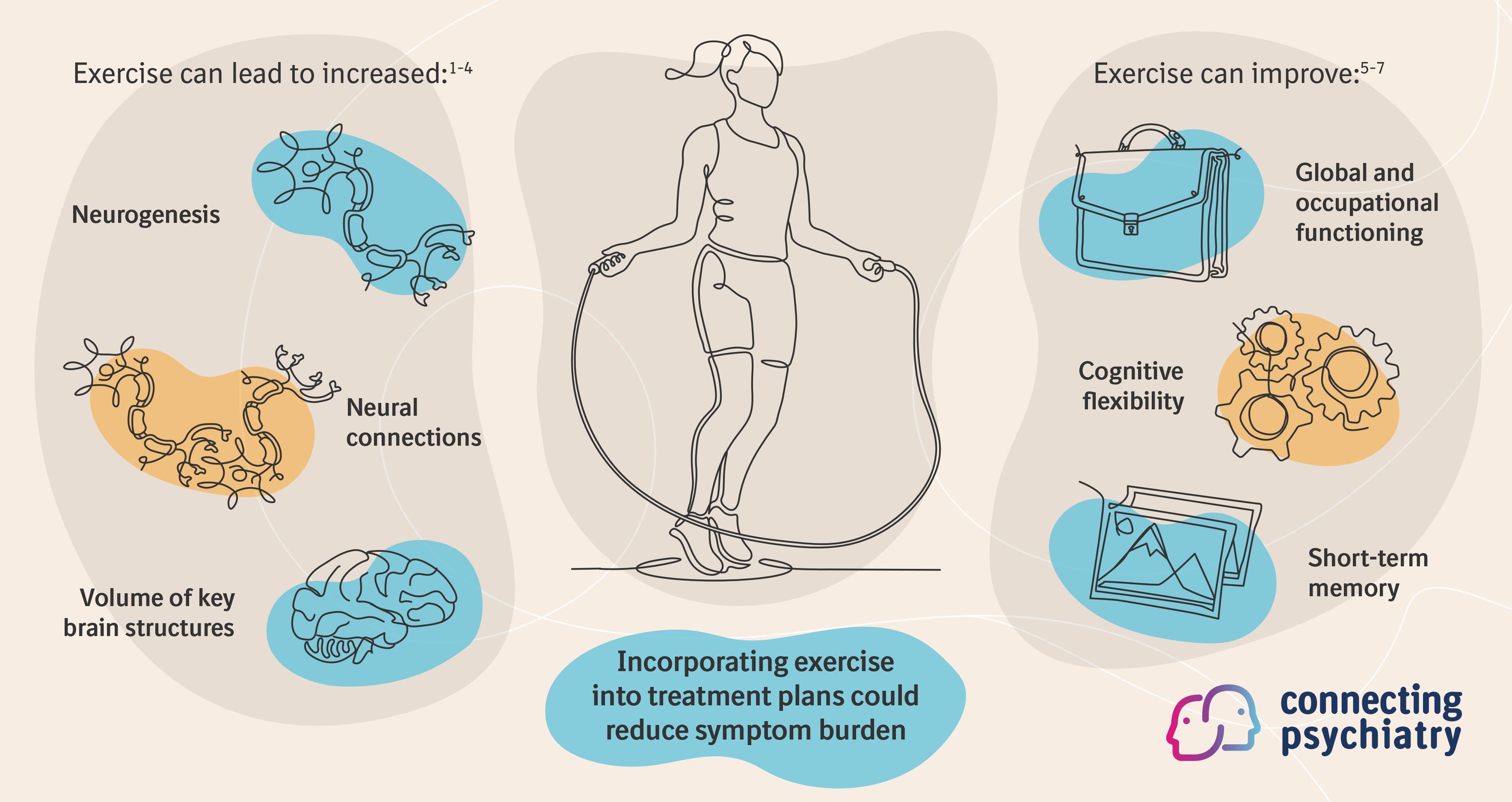
Achieving Fitness and Fluency: How Physical Exercise Boosts Cognitive Performance. In today’s fast-paced world, staying physically fit is often associated with improved health and well-being, but did you know that regular exercise can also enhance cognitive performance? Fitness is not only about building strength or endurance; it can also play a significant role in boosting fluency—the ability to think quickly, solve problems, and process information efficiently. Whether you’re a student looking to ace your exams or a professional aiming to improve work productivity, the connection between fitness and fluency may surprise you. In this article, we’ll explore how physical exercise can help sharpen the mind, improve mental clarity, and boost cognitive abilities.
1. Exercise Enhances Brain Function Through Increased Blood Flow
One of the most significant ways that fitness influences cognitive performance is through improved blood circulation. When you engage in regular physical activity, your heart pumps more blood throughout your body, including your brain. This increase in blood flow delivers more oxygen and essential nutrients to brain cells, which in turn supports cognitive functions like memory, attention, and problem-solving.
Studies have shown that aerobic exercise, in particular, can enhance the growth of new neurons in the hippocampus—a part of the brain responsible for learning and memory. By regularly engaging in physical activity, you’re essentially giving your brain a tune-up, making it more agile and capable of handling complex tasks. This is why people often report feeling more alert and mentally clear after a workout, and why consistent fitness routines can enhance overall mental fluency.
2. Physical Activity Reduces Stress and Improves Mood
Stress and anxiety can severely impair cognitive performance. When we’re under stress, the body releases cortisol, a hormone that, in high levels, can negatively affect brain functions such as decision-making and memory. However, fitness can counteract this effect by reducing stress and improving mood. (Read More: Why ‘Anytime Fitness Near Me’ is the Best Choice for Your 24/7 Workout Routine).
Exercise triggers the release of endorphins, often referred to as the body’s “feel-good” hormones. These endorphins help lower stress levels, alleviate anxiety, and even combat symptoms of depression. When stress is managed effectively, your brain is better able to focus, process information, and think clearly. This reduction in stress not only improves your mood but also enhances your ability to respond quickly and fluently to cognitive challenges, whether in a high-pressure work environment or while trying to solve a complex problem.
3. Exercise Stimulates Neuroplasticity and Cognitive Flexibility

One of the most exciting aspects of fitness is its ability to stimulate neuroplasticity—the brain’s capacity to reorganize itself by forming new neural connections throughout life. Physical exercise, particularly activities that challenge coordination and balance (such as dancing, yoga, or martial arts), can promote neuroplasticity and cognitive flexibility.
Cognitive flexibility is the ability to switch between thinking about different concepts or adapting to new situations quickly. It’s this kind of mental agility that enhances fluency, enabling you to process information more efficiently, solve problems with creativity, and switch between tasks effortlessly. When the brain is constantly “rewired” through physical activity, it becomes more adept at handling new and challenging situations. As a result, regular exercise not only strengthens your body but also helps keep your mind sharp and adaptable. (Read More: Why Fitness Alive is the Key to a Healthier You in 2024).
4. Physical Fitness Improves Memory and Learning Capacity
Memory is crucial to cognitive fluency, and exercise has been shown to have a significant impact on how well we store, recall, and process information. Research has demonstrated that regular physical activity, especially aerobic exercises like running or cycling, can enhance both short-term and long-term memory.
Exercise boosts the production of a protein called Brain-Derived Neurotrophic Factor (BDNF), which plays a vital role in supporting the growth of new neurons and synapses—connections between brain cells that are essential for learning and memory. Higher levels of BDNF in the brain lead to better memory retention and improved learning capacity. When you engage in regular physical activity, you’re essentially increasing the brain’s ability to absorb and retain information, making it easier to recall facts, learn new skills, and apply knowledge effectively. (Read More: Mindfulness and Meditation: Essential Health and Wellness Practices in 2024).
5. Fitness Supports Better Sleep, Which Enhances Cognitive Performance

One of the often-overlooked benefits of regular exercise is its positive effect on sleep quality. Sleep is critical to cognitive function, as it allows the brain to consolidate memories, clear out toxins, and recover from the day’s mental strain. However, a lack of proper sleep can lead to cognitive decline, reduced focus, and poor decision-making.
Regular fitness routines improve the quality and duration of sleep by helping to regulate the body’s circadian rhythm. Exercise promotes the production of melatonin, the hormone responsible for sleep regulation, allowing for deeper, more restorative sleep cycles. When you get better sleep, your brain functions at its best—enhancing memory, focus, and overall cognitive fluency. A well-rested mind is sharp, quick to respond, and more capable of solving problems creatively and effectively.
Conclusion article Achieving Fitness and Fluency: How Physical Exercise Boosts Cognitive Performance
As we’ve seen, the benefits of fitness go far beyond physical health. Regular physical exercise has a direct and profound impact on cognitive performance, including enhancing fluency—the ability to think quickly, process information, and adapt to new challenges. Through improved blood circulation, reduced stress, increased neuroplasticity, better memory, and enhanced sleep, exercise plays a crucial role in keeping the brain sharp and efficient.
So, whether you’re an athlete, a student, or a professional looking to boost productivity, remember that exercise isn’t just about building muscle or losing weight. It’s about empowering your brain to work better and faster. With regular workouts, you’re not only enhancing your physical fitness but also paving the way for better mental fluency. Make fitness a part of your routine, and your brain will thank you with improved cognitive abilities and sharper decision-making.






